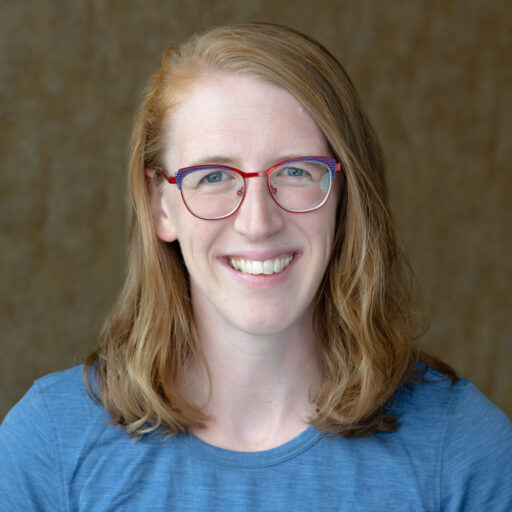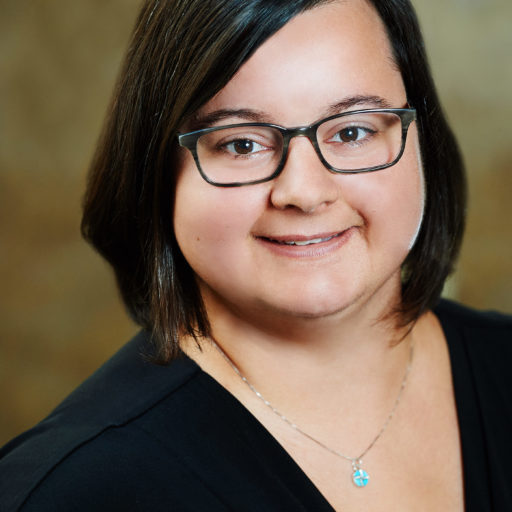The most unsettling thing is the silence. I’ve been teaching science to young people for 10 years, and silence has never been such a pervasive concern. I wonder if students are listening. I wonder if they’re reading my messages and comments. I wonder if they have questions. I wonder if they’re actually laughing at my weak jokes or rolling their eyes at me. I wonder if they have the brain space to really engage with any of this beautiful content. Because truthfully, there are days I’m not sure I have the brain space to teach it. What are we even doing, I wonder, many times a day. What are we even doing, creating assignments and holding class and awarding grades amidst a once-in-a-generation, global collective trauma.
I am used to teaching under great stress and through bouts of internal turmoil and emotion. Most teachers are—this work is delicate, demanding, and barely sustainable when school is business as usual. The stress of fall 2020 is wildly different. If I look too closely at our reality, my productivity plummets. My students have lost so much. My students are carrying heavy burdens. My students’ behavior oscillates between shockingly adult, demonstrating great maturity and self-awareness, and endearingly young, making silly jokes in our chat and ignoring assignment directions as usual. My colleagues and family are weary.
It’s lonely here in my home workspace. I miss spontaneous small talk and banter, those daily micro-interactions that establish humanity and build relationships. I know my colleagues are lonely. I think many of my students are lonely. Schools aspire to provide community and safe space for young people to learn and grow. How do we keep making progress toward this ideal from behind our individual computer screens, at a distance? The internet connects us, but how do we authentically come together?
Many of the stories in this issue were written before the pandemic or before we knew how long we would be here. But the deeper meaning of the stories is still relevant to our current situation.
Perhaps this unique historical moment can offer us an opportunity to take stock, reflect, and grow. There are so many stories people could tell about this moment. There have been new technologies and the fatigue that comes with them. There are different routines to follow and the new normal that guides our lives.
Many of the stories in this issue were written before the pandemic or before we knew how long we would be here. But the deeper meaning of the stories is still relevant to our current situation.
Exploring and appreciating nature takes on a whole new significance as we spend more of our lives online. If you’d like to get your students learning outside, you may find inspiration in Beth Keskey’s story about her success with helping students connect with nature through technology and the observation of changes over a period of time. Perhaps now more than ever, you want to help students see themselves as participants in a learning community. In “A Good Year,” Ben Buehler describes building his students’ confidence to connect with the course as scientists. Maybe you are thinking about what stories your students hear about your course content. In her audio piece “On Harry Potter and Whose Stories are Told,” Jamie Melton speaks to the stories within the stories that make up teaching.
We hope these stories give you a moment to reflect, take a deep breath, and start connecting again.
Even before the COVID-19 crisis, connection was not always easy. Many of us experience doubt and confusion as we search for ways to impact our community. In “The Unanswered Question,” Rohan Prakash reflects honestly on his journey to understand how he might use his professional connections to participate in broader change beyond his classroom. Continually reaching out to others can be demanding and draining; the emotional labor required to earnestly create caring communities is not equitably distributed. Faven Habte describes the specific, personal cost of connection for Black teachers in “I’m Tired.”
While all of our contexts look different right now and the uncertainty about the future can be overwhelming, the fact still remains: we need to stay connected. It is through our connections that we can care for others, ourselves, and our communities during this difficult time. We hope these stories give you a moment to reflect, take a deep breath, and start connecting again.
Brittany Franckowiak is a Knowles Senior Fellow and a biology teacher at Wilde Lake High School, where she also serves as a professional development coordinator and a science curriculum writer. You can reach Brittany on Twitter at @BFranckoTeaches or at brittany.franckowiak@knowlesteachers.org.
Erin Oakley, a Knowles Senior Fellow, enjoys engaging in mathematical thought with her students. She has had the privilege of being a teacher at a variety of schools and is now a specialist at St. Catherine University. You can reach Erin at erin.oakley@knowlesteachers.org.






